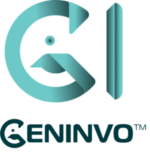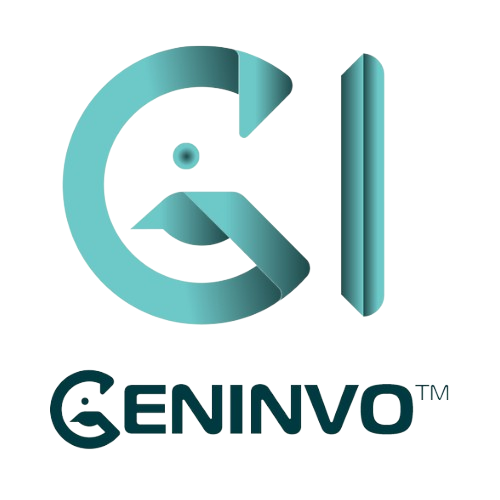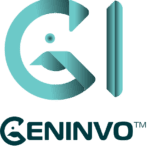Clinical Data sharing for transparency is a hot discussion topic since the Policy 0070 and Health Canada publishing requirements have been implemented. Pharmaceutical companies need to redact their clinical documents to support submission for market authorization, but regulatory bodies are motivating sponsors to maintain higher data utility through anonymization. It is not only regulatory groups, but also other associations/big pharmaceutical firms that are moving towards mandating of clinical data sharing.
For example, in July 2013, Pharmaceutical Researchers and Manufacturers of America (PhRMA) & European Federation of Pharmaceutical Industries and Associations (EFPIA) member companies demonstrated commitment and shared complete Clinical Study Reports (CSRs) along with Individual patient data (IPD).
In June 2017, International Committee of Medical Journal Editors (ICMJE) introduced a requirement for data sharing statements of clinical trials before publishing any articles in journals abiding to ICMJE.
Multiple scenarios for data sharing exist.

Sharing Data
Clinical data such as dataset, clinical study reports, clinical summary reports and images may need sharing.
- Sharing data under Health Canada and EMA Policy 0070
- Sharing data externally with researchers
- Sharing data internally for exploratory analysis
Risk Assessement for Anonymization
Pharmaceutical companies have been submitting anonymized clinical reports to the EMA/Health Canada with redaction of any text meeting the criteria of personal information or Companies Confidential Information (CCI). EMA/Health Canada is also interested in alternative techniques for data anonymization. Those include replacement, generalization, date offsetting, etc., that have a more clearly established method for calculating the quantitative risk of re-identification.
The industry is using quantitative risk assessment for anonymization and maintaining the balance between the risk of re-identification and data utility. Hence, with the release of Phase 2 of Policy 0070, you can expect growth in anonymization as the industry recognizes the importance of data sharing. GENINVO understands this necessity and has developed Shadow™, a solution compliant with Health Canada, EMA Policy 0070 (Phase 1 & 2), and France’s MR001-MR004.

Variety of Anonymization
Business subject matter expertise balanced with leading edge technologies and software developers is critical in delivering solutions and services that resonate with our clients. Here are some of the SME groups and strategic consulting services we provide:
As a business that safeguards data, we ensure the accurate redaction and anonymization of all information. Every organization has different requirements for data retention, along with unique redaction needs.
We put our customers at ease by properly handling sensitive information. Quantitative risk analysis works on objective understanding as it relies on precise statistical data. In comparison, qualitative risk analysis works on expert subjective understanding, as it depends on the probability of an event and its level of impact. We provide actionable insights and help minimize uncertainty so the focus can be on high-priority risks.
Our technical teams provide guidance and simplify the complexities of sharing data by employing efficient process generation techniques. Thus, enabling protection of confidential data during sharing data.
We anonymize each data set while meeting regulatory requirements to protect our data subjects’ privacy and personal information. Risk assessment is one of the most critical and complex parts of risk management. Quantitative assessments deliver clear data and determine threat levels and loss expectancies.
As a result, we understand risk and provide the right technology to mitigate potential issues.
Data anonymization is crucial for clinical data transparency. Personally identifiable data is removed or encrypted to ensure the protection of patient privacy during data sharing. In addition, data access is available that safeguards the confidentiality of research participants.
Medical image data also needs to be anonymized, along with datasets and documents. We recognize that need and follow the DICOM (Digital Imaging and Communications in Medicine) format for transmitting medical images while preserving their utility. However, anonymizing healthcare data while applying GDPR compliant techniques is not a one-off task. Rather, we synchronize the complex processes for you and eliminate the various challenges of data sharing.
We are SMEs with a wealth of experience from the Life Science domains. We have in-depth knowledge and offer guidance to product development teams, resulting in innovative-oriented products like Shadow™, DocQC™, ApoGI™, etc.




